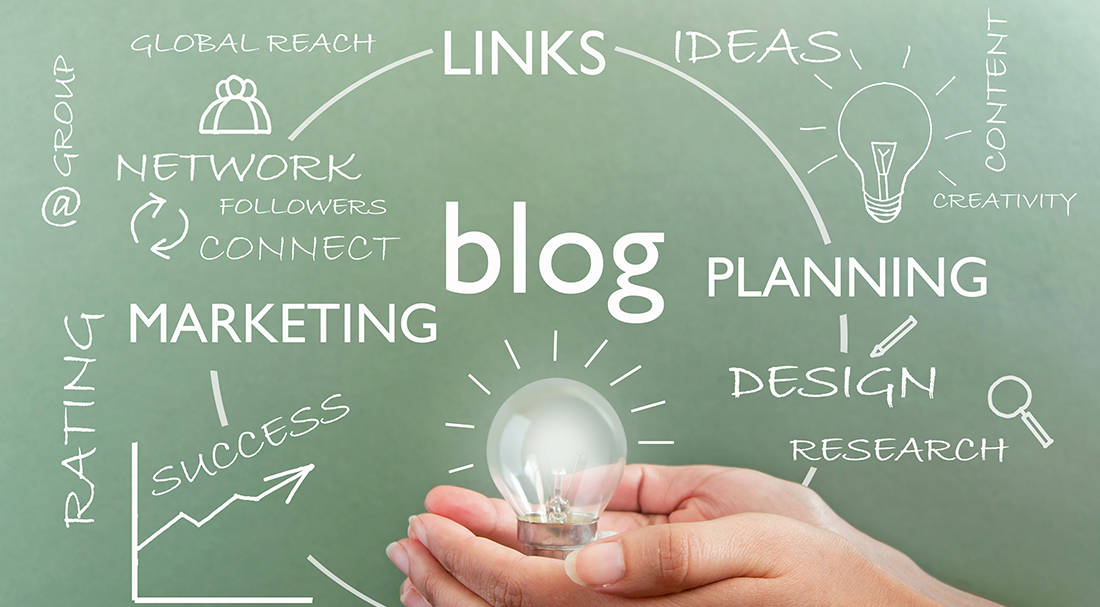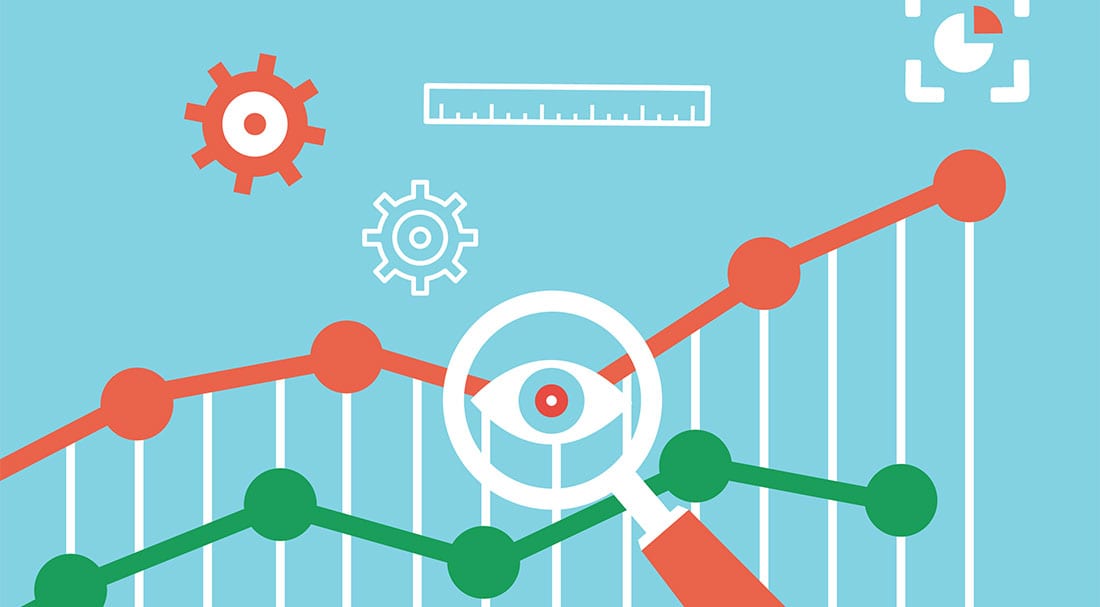
04 Jul AI-generated content for healthcare marketing? Yes. No. And maybe.
AI (artificial intelligence) is evolving rapidly—more rapidly than most people may have expected. Machine learning, natural language processing, and other innovations are being used by businesses to gather data to micro-target audiences, in the military to guide aircraft, in finance to detect fraud, and by Google and Bing to provide more relevant search results.
In healthcare, AI-enabled technology is helping to diagnose illnesses, enable personalized precision medicine, expedite discovery of targeted therapies and diagnostics, and more.
It’s everywhere. And AI in healthcare promises to become more prevalent and even better over time.
Now, AI platforms such as ChatGPT, Copilot, Gemini, and Jasper are being used to generate content. And although still in their infancy, the possibilities are amazing! Simply type in a question or prompt and these platforms instantly generate reams of copy on just about any topic. If you don’t like what it produces, hit a button and, presto, instant rewrite. Don’t like that: the rewrite is rewritten!
The quality of the writing? Overall, it’s good.
The accuracy? It seems accurate—but more on that later.
So the question is, is AI-generated copy appropriate for healthcare marketing?
Yes, no, and maybe.
Developing content for healthcare marketing campaigns
If you’ve ever launched a healthcare product and promoted it with a marketing campaign, you know how arduous it is to produce the copy. Every claim needs to be substantiated. You need to know – and, in some cases, show – the source, page number, column, and exact location where each claim appears in a clinical article or other resource.
As a marketer, you are dealing with the medical director of the company. The legal and regulatory department. And finally, and most importantly, the FDA and/or other regulatory bodies, who you don’t dare cross.
And let’s not forget the rewrites. And more rewrites. And still more rewrites. All to ensure regulatory compliance and accuracy while trying to compellingly communicate the distinct benefits of your product.
Crafting copy for healthcare marketing campaigns is painstaking, sometimes heartbreaking (it can be painful to have to pull back a well-crafted, compelling brand message), and above all hands-on.
AI can be an incredibly powerful tool for quickly producing content. But is it capable of creating scientifically accurate, emotionally resonant, FDA-approvable copy? Maybe. With the help of an experienced marketer who is able to review, edit, verify the accuracy of the copy, aid in humanizing it, and as needed, explain why specific choices were made in crafting the messaging.
Developing content for healthcare education campaigns
Healthcare content creation is becoming increasingly important in building trust in your company and establishing authority in your particular field. You do this by providing content of interest that your customers (and potential customers) need to know. And you do so in an objective, non-promotional way.
AI-generated content can be helpful here—but be careful.
We create a lot of content for our customers. We do extensive research. And use only trusted sources, such as materials from peer-reviewed clinical journals and esteemed professional healthcare associations. (No, not Wikipedia!)
We know the information is accurate because we’ve read it. We’ve checked references. We’ve examined primary sources.
If the client asks, “Where did you get this statement?” rather than saying, “Well…Chat GPT,” we can readily name the source.
If prompted, AI platforms will provide copy with references, which is great. But we strongly advise that you read all references to ensure that they are accurate.
We can’t stress enough: we provide critical information about a person’s medical condition and often its treatment. Errors are unacceptable, potentially litigable for our clients, and potentially dangerous for the people receiving care. Unlike, say, a cookie recipe. You write that it calls for 6 mL of honey rather than 3 mL. The result: the cookies may taste a bit sweeter. But if you say a person should take 6 mL of a medication instead of 3 mL, you’re endangering that person’s health as well as opening up your client to a costly lawsuit.
Where we’ve found AI-generated content most helpful
Improving SEO. AI-generated copy optimizes content by incorporating specific and relevant keywords.
Suggesting blog topics. Type in a particular subject and ask the platform to provide 12 topics for potential blogs. Will they all be good? No. But there are usually some winners. And some suggestions that, with a tweak, may become winners.
Creating emails and social media posts. AI can quickly craft content that follows best practices—but that you will most likely have to revise.
Streamlining research. AI can provide a wealth of resources that you can delve into.
Breaking blocks. Have writer’s block? AI can make suggestions that can help inspire you.
Is AI-generated content perfect? No. But AI is a valuable tool when used properly and carefully. And it promises to get better over time.
BTW, this article was not written with AI!




